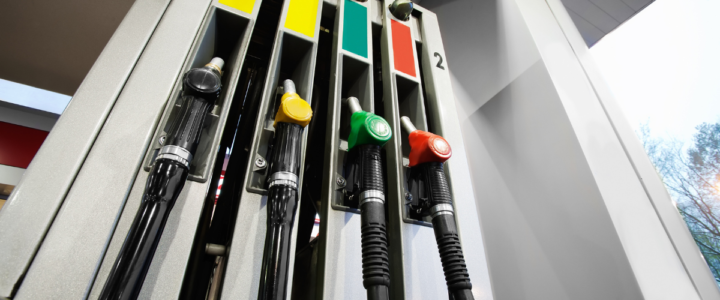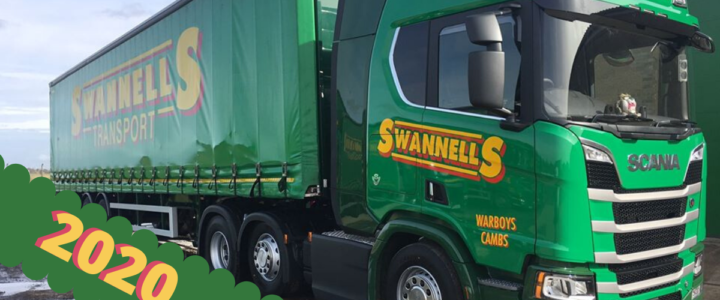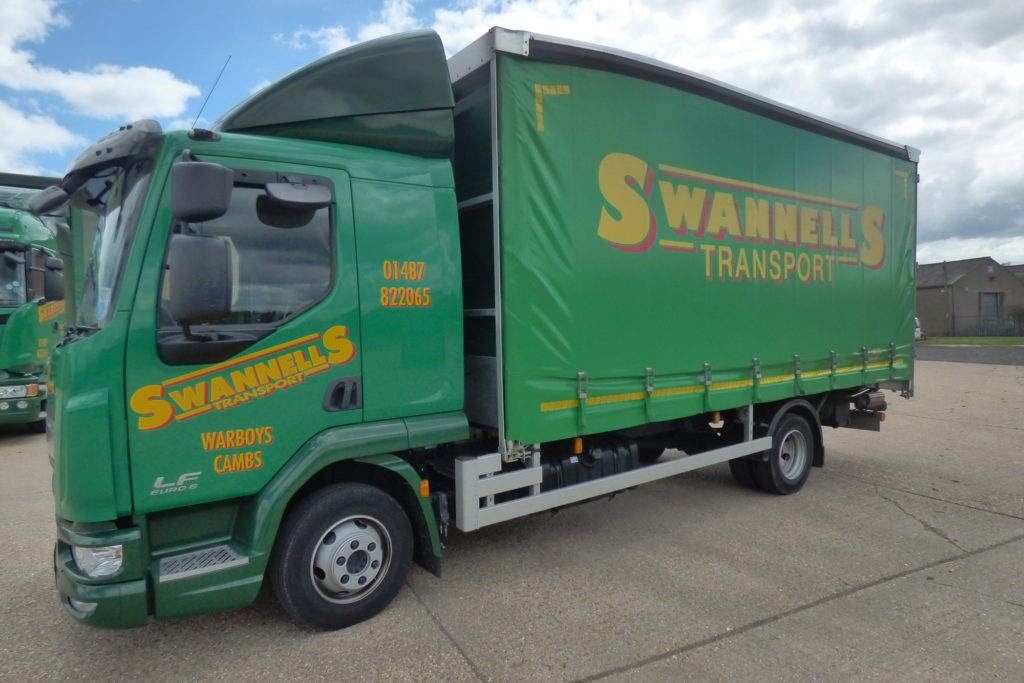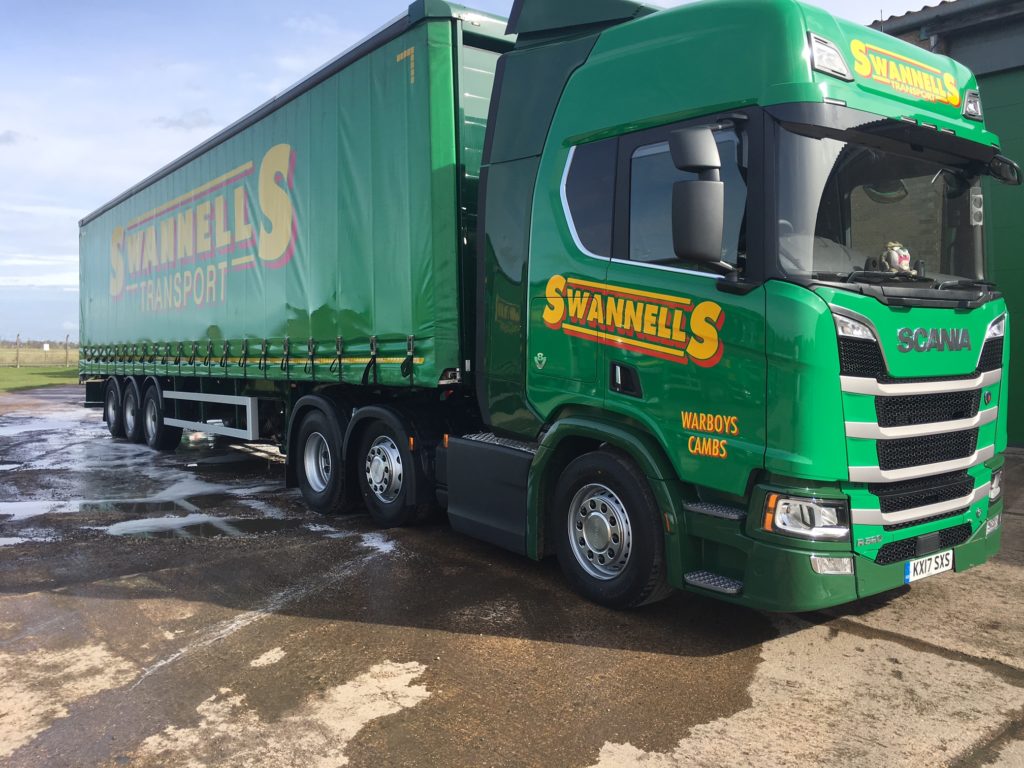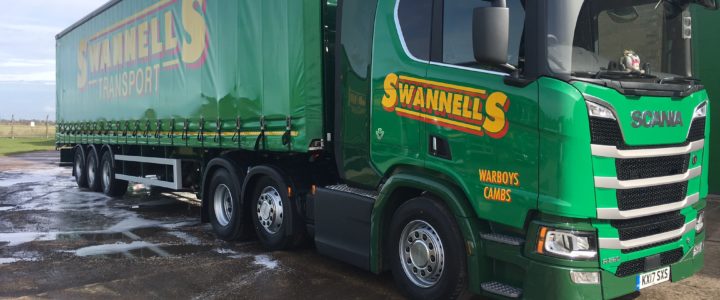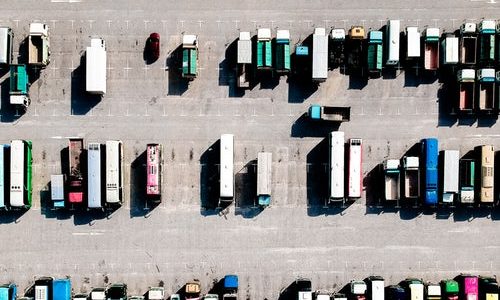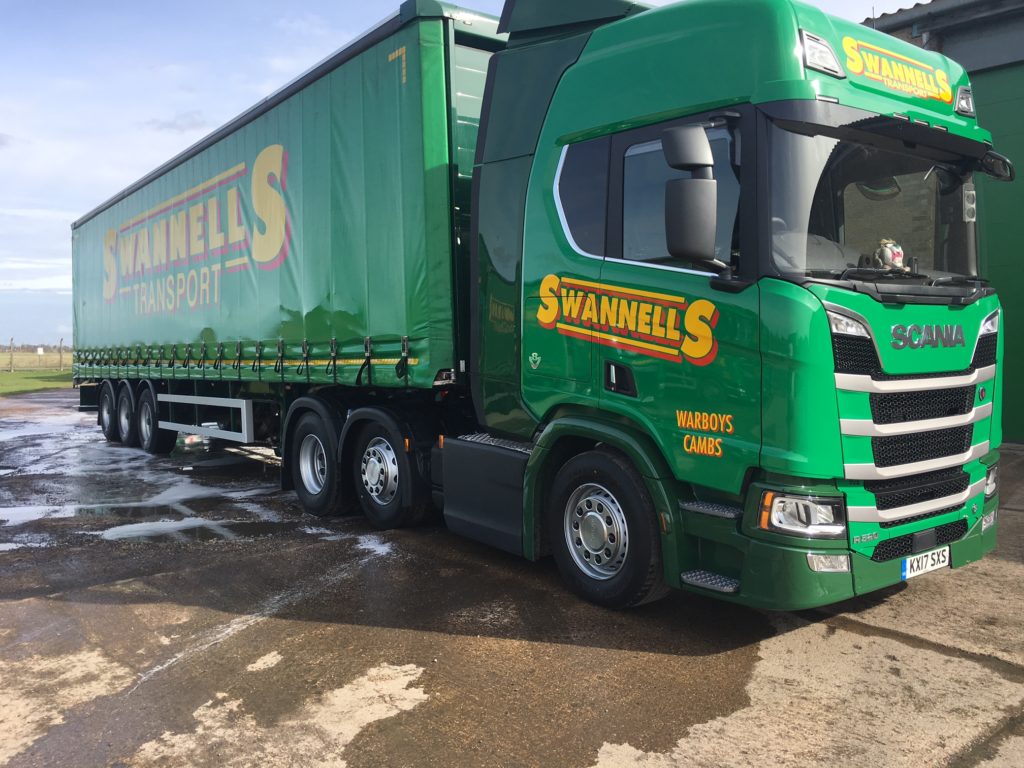On July 14th, 2021, the Government have announced that Britain will be banning the sale of new petrol and diesel HGV and vans by the year 2040, as a part of Boris Johnsons’ “10-point climate plan” to decrease greenhouse gas emissions within the transport sector to net zero by the middle of the century. All new polluting diesel and petrol cars will also plan to come to an end by 2035.
The UK’s transport sector is currently one of the most polluting industries within the nation. However, this announcement means there will be a significant phase-out of all polluting road vehicles within the next two decades. “Transport is not just how you get around. It is something that fundamentally shapes our towns, cities and countryside, our living standards and our health.” Transport Secretary Grant Shapps states as he says the new Transport Decarbonisation Plan was “just the start”.
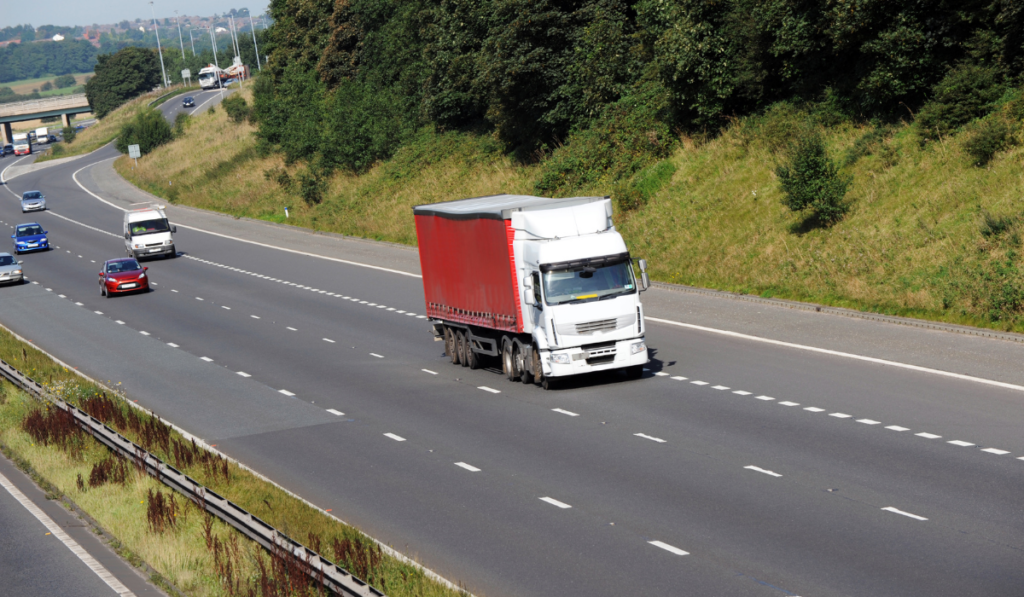
Approximately 1.6 billion tons of freight are transported within the UK every year. This is a figure that is expected to rise due to the significant increase in online shopping since the beginning of the coronavirus pandemic.
The government is planning to fully convert its own 40,000 strong vehicle fleet to zero emissions by 2027, whilst they have also reiterated its commitment to a net-zero rail network by 2050.
Transport secretary, Grant Shapps, said his department had published a consultation on phasing out the sale of all new non-zero emission heavy good vehicles by 2040, “demonstrating our commitment to tackle the second largest source of domestic transport carbon emissions and furthering our ambition to decarbonise UK roads.”
Also as a part of the Transport Decarbonisation Plan (TDP) agenda, the Government have launched a “genuine” consultation seeking views on when to end the sale of petrol and diesel HGVs, with a proposal that the sales of new non-zero emissions HGVs less than 26 tonnes will end in 2035, and greater than 26 tonnes will end in 2040. This proposal means no new LNG, CNG or other fossil-fuelled vehicles will be allowed to be purchased from those dates.
So what does this mean for our industry? The latest response from the Road Haulage Association (RHA) demonstrates their support and appreciation for the overall policy aim to decarbonise the UK roads. They are planning to release a comprehensive view of the plans sometime in August, to ensure the future of the Transport sector is affordable, sustainable, and embraces all businesses.
Here at Swannells Transport, as a leading haulage company in Cambridgeshire, we support having a green nation in the future, and we are interested to see the next steps in approaches and visions to initiate the TDP in the future.

